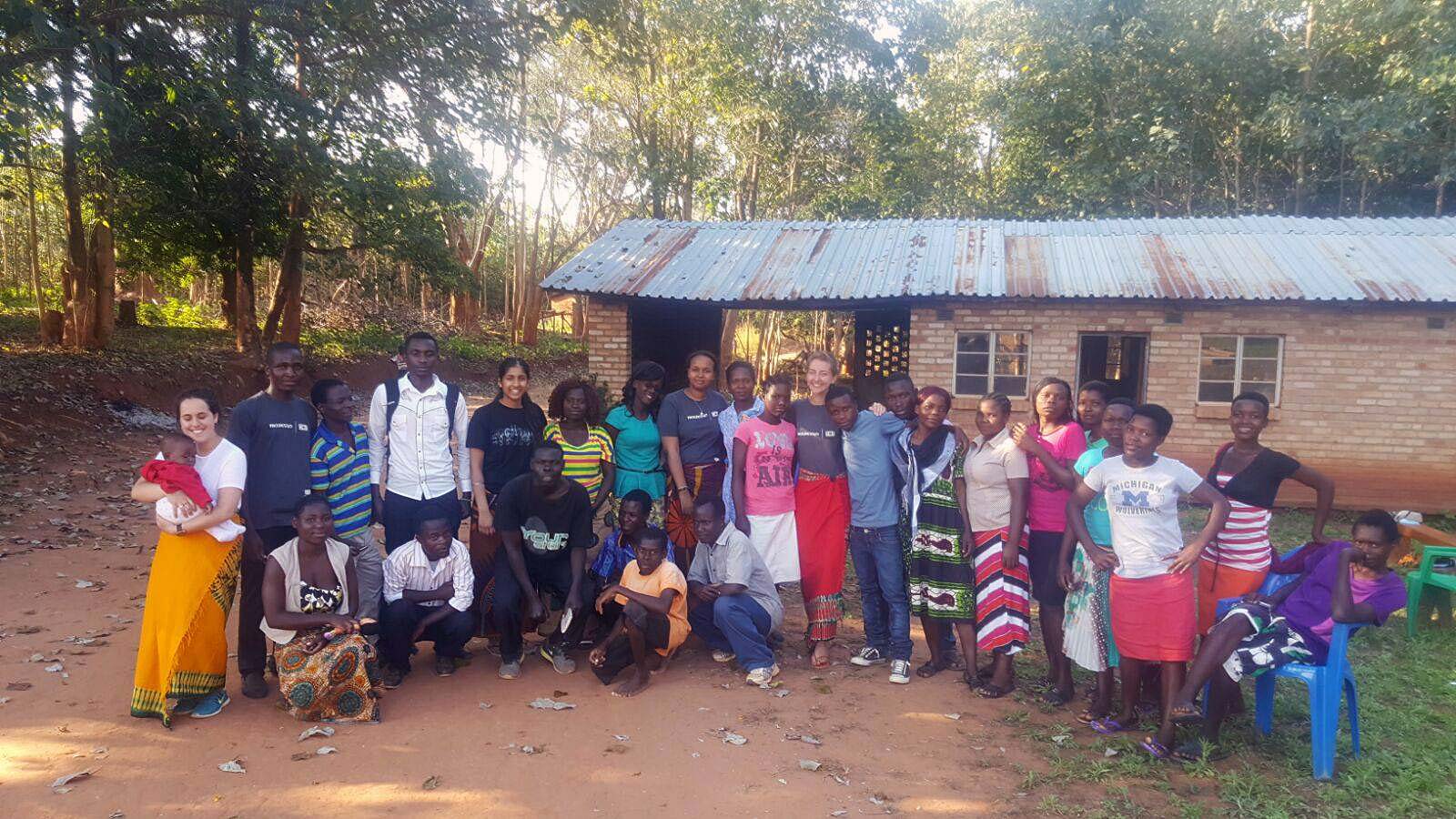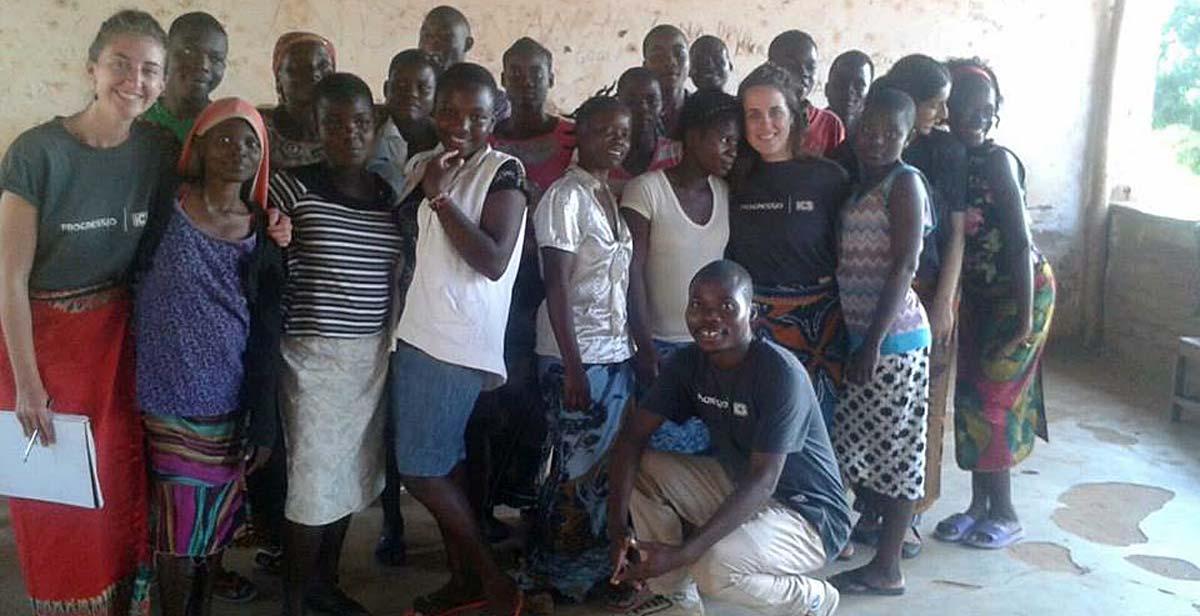The first day I arrived at the YONECO office, I had the following questions…
How am I going to do my job and where to start?
I was afraid at my first time in the office and I had to ask myself how am I going to work because I have never experienced an office work environment before and had no idea about how people work when they are in the office. Besides that, more fears arose when I was thinking about going to work with people from different cultural backgrounds, especially our friends from the UK. But then things started turning to my side upon arriving at the office. On my first day, the YONECO staff explained our work in brief and we were given guidelines on how best we can do our job. This gave me some encouragement because I was now aware about what I am going to do at the office and how to do it.
My second question was… How am I going to work with a British person?
On this, I was afraid about how I was going to work with people from different cultural backgrounds. Where in the first days I had a big problem even to understand their English, in the time I understood that they are just good people to work with and I can understand them better now. I started becoming close to them so I could learn more about their culture to avoid cultural clashes. When it comes to our daily work, or any other forms of interaction, the work is now becoming even more interesting after knowing a bit more about their culture.
Observed cultural differences
I understand that in humanity we are all equal besides the different colours of our skin, as we are all human beings, but culturally we differ in one way or the other, like…
1) We differ in dress sense; our friends don’t value much when it comes to dressing. Even when we are at the workplace, they put on a short trouser but at the office for us here putting on a short trouser, which is locally known as ‘kabudula’, is seen as disrespectful according to our culture. To our friends it is a usual thing, while it is also not bad to us actually.
2) Time. It seems to be our friends’ culture when it comes to time keeping, while it is not practically done by some of them but their actions show it, to do things on time.
Field work plan
We were provided with a training manual where we pick some topics to practice and share with our friends in different communities. Something I see as very interesting is that being different people, we do also understand things differently, which sometimes causes problems. In selecting a topic and also to prepare it, tolerance and team work have been the only tools to overcome the problem.

People in communities
When it comes to communities, some people really show an interest in learning while others just come thinking that they are going to get something tangible from it, as they start asking about Fanta before or after sessions, which sometimes takes away from the interest in learning. While to overcome this problem we always explain to them the aim of our sessions and the importance of the sessions so that we get back their interest in learning, even if we try in this way, it remains a big challenge for us.
Last but not least, it becomes more interesting when we interact with our fellow youth in various communities. I understand that this is really a learning process and hope to gain more skills from my fellow youth and community at large, and share what I have in the process, and hopefully I am going to achieve all my target goals and leave a symbol of my presence in various communities across the Nkhata Bay district…
Written by ICS volunteer Tonny Banda Richard (Wakujipeleka Waka)



